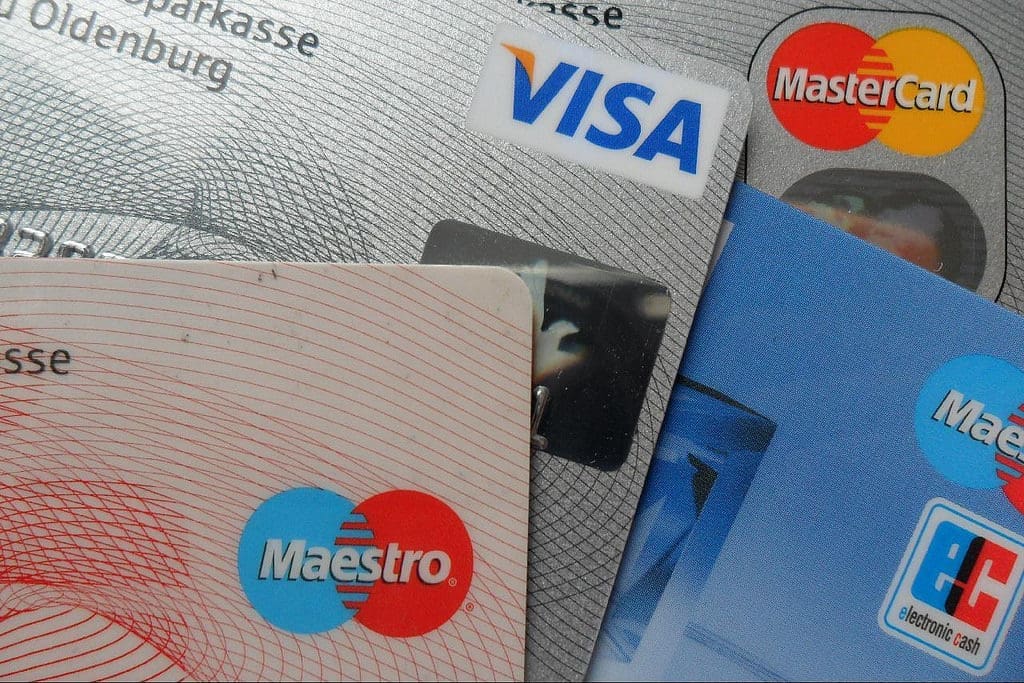As an aspiring business person, are you wondering who your potential customers are? Some businesses sell products and services to other businesses — a type of transaction popularly called business-to-business or B2B. Other businesses sell to individual consumers, which is known as business-to-consumer or B2C. Consider the following factors to decide if your fortune lies in selling B2B, B2C, or a combination of both.
Know Your Sales Cycle
The sales cycle is the time taken from prospecting for a product to finalizing the purchase. A B2B scenario usually involves large-scale purchases where the cycle passes through multiple approvals and is logic-driven. The buyer identifies the product specifications, invites bids, filters the suppliers, and negotiates the terms. In a B2C case, the consumer’s sales cycle is shorter and emotion-driven. If a product fulfills a need and is affordable, the consumer buys it. Knowing your sales cycle can help you choose your model.
Analyze Your Product Positioning
Some products are critical to business operations. For example, if you sell accounting software that integrates into the client’s financial system, it may “stick” there and generate revenue for you each year. For such B2B deals, just a few big clients would do. In a B2C sale, imagine a consumer walking into an electronics showroom and buying an Apple iPhone that has caught their fancy.
How is your product positioned? Will it “entrench” itself into the client’s business or be discarded by fleeting fancies?
Plan Your Financing Model
Image via Flickr by ThomasKohler
Every business needs sufficient funds to plan its operations. Banks loans and cash advances help secure your finances. A B2B financing model differs from a B2C model. But during payments, you’ll lose precious time sending out invoices, receiving or issuing checks, and depositing them. Credit cards provide a rapid and reliable alternative for improving your cash flow. Efficient usage of a credit card provides the much-needed working capital for your B2B or B2C transactions. Also, it’s important that you know your customer’s creditworthiness as it plays a big role in your sales.
Offer Efficiency or Quick Deals
In B2B transactions, long-term efficiency interests the buyer. But in a B2C transaction, emotions such as status, greed, or ego drive a consumer. If you trade in pet foods, for example, customers may like to boost their ego by buying branded foods for their pets. You need to decide if your business strategy can support the buyers’ needs for long-term efficiency or whether you’d rather indulge them in discounted deals to earn a quick profit.
Provide After-Sales Support
Many companies that sell B2B have a team of support staff to resolve issues after the sale. But in most B2C scenarios, such as a T-shirt company that markets through online portals, the support may be limited. The product you plan to market and the support cost can be decisive factors in choosing your sales strategy.
Market conditions make it difficult to stick exclusively to a business model. An increasing number of businesses are selling to individuals as well as to other businesses. Health insurance companies, for example, sell individual plans and also provide group health plans for a company’s employees. Whatever model you opt for, it’s good to keep in mind author Seth Godin’s wise words, “Don’t find customers for your products, find products for your customers.”
Image credits





